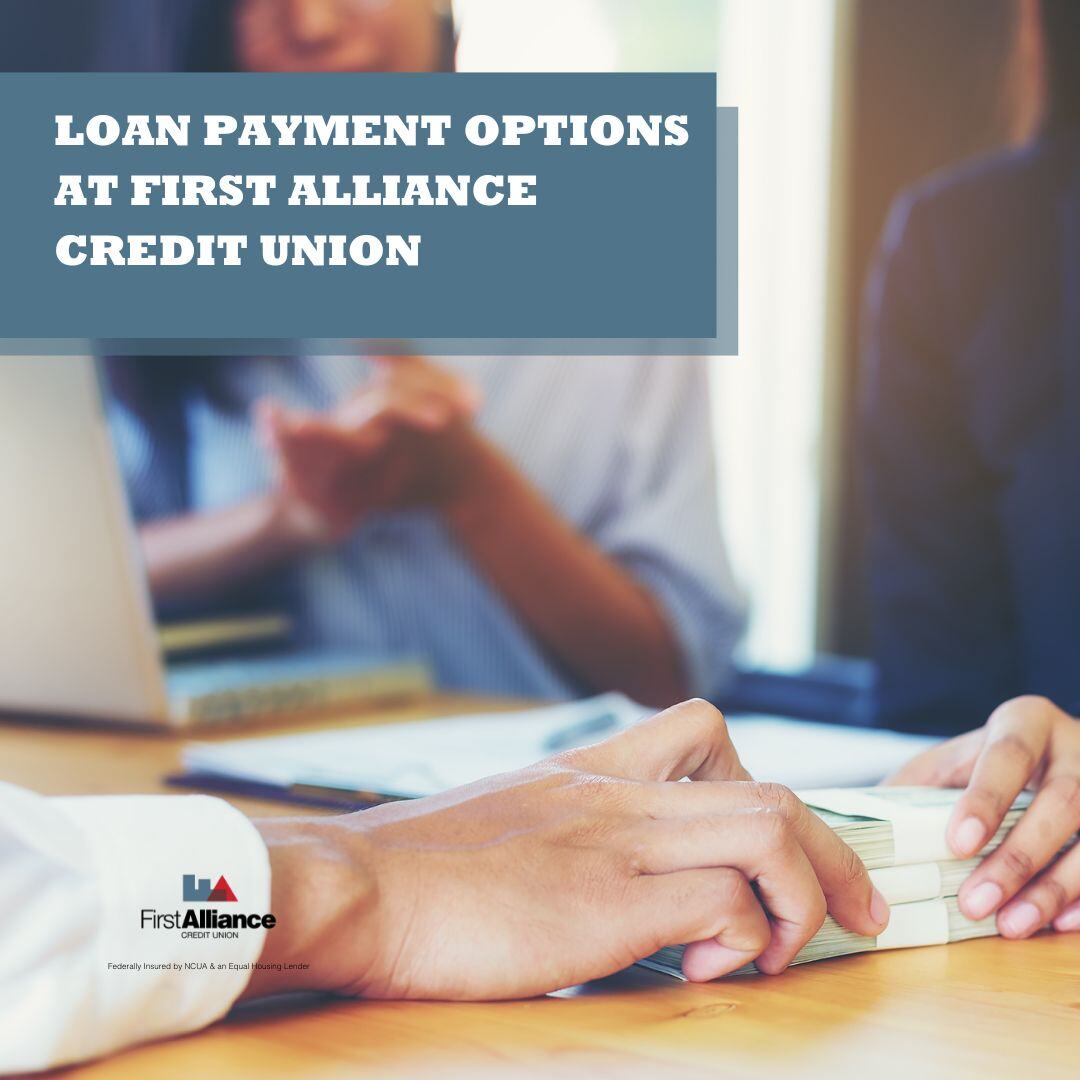3 Reasons Not to Direct Deposit Your Paycheck into a Payment App
Payment apps like Venmo, Zelle, and Cash App are quickly becoming the new normal for paying friends and family. They’re so popular, in fact, that...

Digital payments may have started with PayPal, but these days you have your choice of payment app, also known as a peer to peer payment platform, to send money to your friends and family. Venmo, Zelle, Google Pay and Square’s Cash App make sending and receiving money easier than ever.
Unfortunately, scammers are also aware of this technology. They’ve adapted their tactics to focus on payment apps, and it’s not a stretch to say they could potentially use these payment apps to clean out your bank account. So far, they’ve been pretty successful—Venmo lost $40 million due to fraud in the first three months of 2018.
In order to foil these scammers, you’ll need to know how they operate, what you can do to stop them, and what your options are if you’ve fallen victim to a scammer.
The reason payment app scams work so well is that any payment you make through one of these apps is considered to be legally authorized by you. This makes them great for transferring money between friends, family and other trusted individuals. However, it also means that if you’ve sent the money to someone as part of a scam, you won’t be able to get that money back.
The simplest way for scammers to take your money is by offering to sell you something digitally, such as concert tickets. All they have to do is post the offer on an Internet classifieds site, such as Craigslist or Facebook Marketplace, then ask for you to send them the payment through one of the payment apps. The item that you paid for never shows up, and they never respond to any of your emails.
A slightly more complex scam is offering to buy an item you’re selling. The scammer will be happy to meet up with you and even more happy to pay you using a payment app. However, after the scammer has the item you’re selling, they will dispute the charge before their bank has made the transaction.
The reason this scam is so successful is that many payment apps will show you the amount deposited in your account based on the assumption that the that the payment will be processed successfully. All a scammer has to do is dispute the charge and get a chargeback on the account. Unfortunately, it’s the seller’s responsibility to make sure the payment has gone through, and many sellers are unaware of this fact.
 Another type of scam is the unauthorized fund transfer, and it is by far the worst. If a scammer can get their hands on your banking information, they can open up a payment app in your name, connect it to your saving and checking accounts, then simply transfer all of your funds to them.
Another type of scam is the unauthorized fund transfer, and it is by far the worst. If a scammer can get their hands on your banking information, they can open up a payment app in your name, connect it to your saving and checking accounts, then simply transfer all of your funds to them.
Scammers have also recently used this technique in conjunction with the massive amount of people filing for unemployment by stealing people's identities, applying for unemployment in their name and sending out the unemployment payments to other accounts via payment apps.
The good news is that due to Regulation E, financial institutions do have a responsibility to protect their customers and members from unauthorized electronic transfers. However, once a scammer has transferred your money, you’ll have to wait a few weeks to get it back—and there’s no guarantee you’ll get back all the money you lost.
All of this can seem scary, and it should be. However, you shouldn’t let it scare you away from payment apps altogether. The truth is, you can stop scammers by following a few simple guidelines.

While payment apps make sending and receiving money digitally more convenient than ever, they can also make scammers’ lives easier. Never use a payment app send money to anyone you don’t know personally, and protect your login information for all your financial accounts.
You can also add an extra layer of protection to your finances by becoming a member of First Alliance Credit Union today. You can also download the First Alliance mobile app and use the MyCards feature to not only let you limit what type of businesses can use your card, but also limit the dollar amount of purchases on your cards and even define the areas in which your card can be used.

Payment apps like Venmo, Zelle, and Cash App are quickly becoming the new normal for paying friends and family. They’re so popular, in fact, that...

When the Federal government passed the CARES Act in March 2020, the one aspect that arguably affected the most people directly was the economic...

We know everyone manages their money a little differently. Some people prefer a more self-service style with online banking, while others like coming...